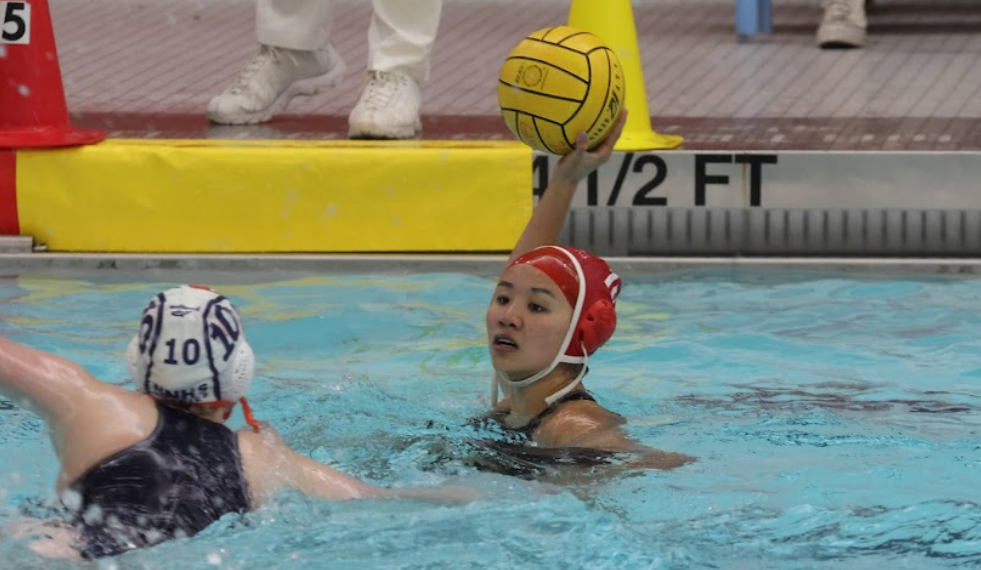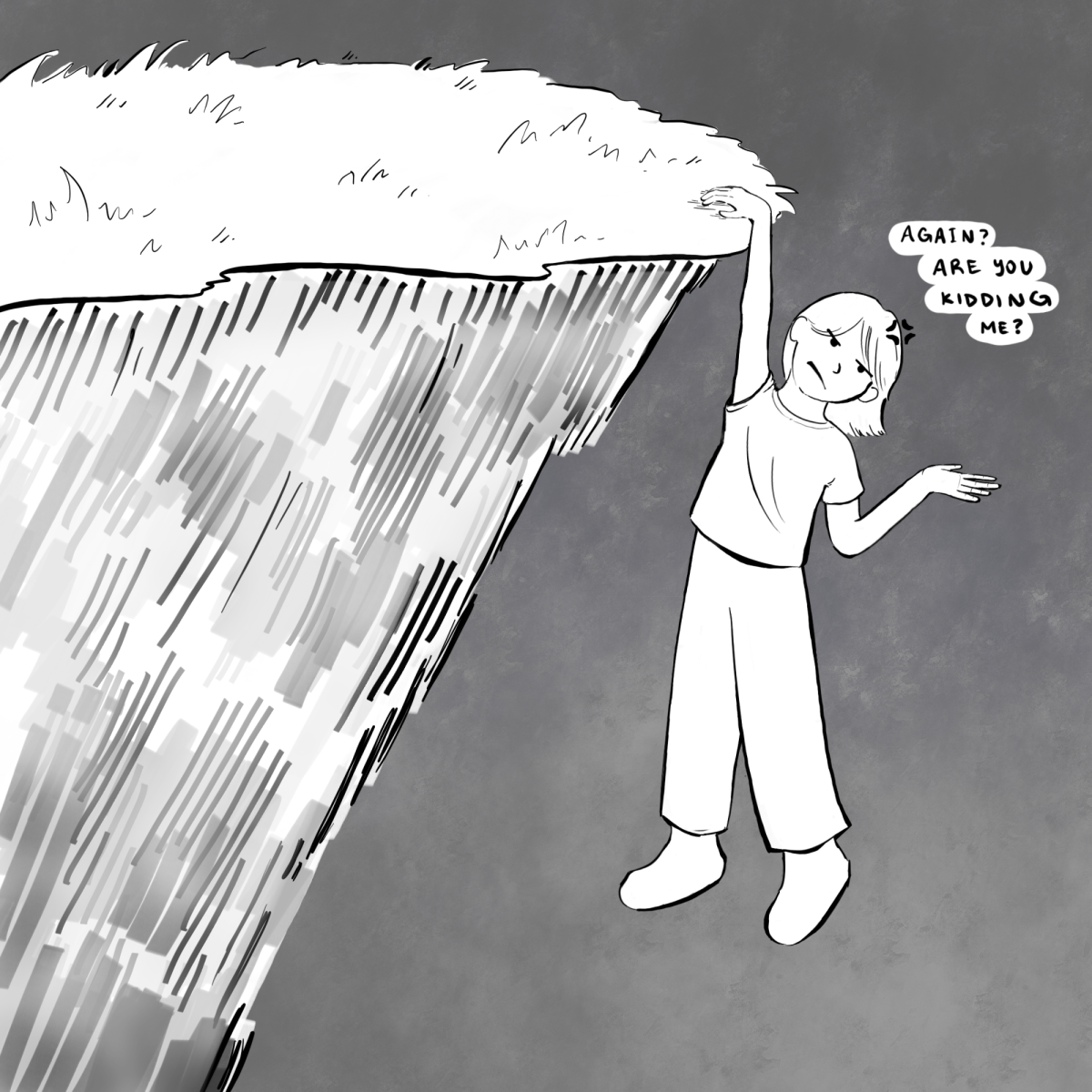Busywork is not working
January 6, 2020
The life of the 21st century high school student is a hectic one. The constant oscillation between school, sports and extracurricular activities means that most students are left with little free time. This leaves students in a stressful environment. But still, for most, these are not the most time consuming activities. That title goes to the dreaded busywork.
Busywork. A term used to describe tedious homework that does little to contribute to students’ learning. This often takes the form of long worksheets packed with problems, online assignments that feed students problem after problem, and video guides asking elementary questions about documentaries or lectures.
However, while teachers may believe that these things help to “drill in” the information being taught, if we want the best education system, how much busywork is too much?
A Stanford School of Education study from 2014 found that in high performing schools, homework took up an average of 3.1 hours per day and is linked to more stress, worse health, and less time spent on valuable social interactions. They also found that educational benefits from homework plateau at around two hours of work per night.
Considering that most Naperville Central students take six academic classes per semester, most classes should not be assigning more than 20 minutes of work per night. But with busywork, this is far from reality.
Even with a light course load, students will easily go over this threshold. But harder classes mean more work. With some honors and AP classes exceeding an hour of homework per night, much of this busywork is non-essential to the student’s success. Not only does this make life more stressful, but worse, it makes learning a chore, meaning students are less likely to engage in their learning.
Further, this idea of modeling education
around reducing stress has worked in other countries. For example, Finland has structured their entire education system around reducing and eliminating stress. They have significantly shorter school days,fewer standardized tests, longer breaks, and most importantly, no homework. This system has been a great success.
Finland’s schools are some of the highest ranked in the world, and Finnish students have the highest reported life satisfaction in the world. But students aren’t the only ones suffering.
Students often hear teachers talk about how long busywork can take to grade with some formative single-night assignments taking weeks to grade.
So taking all of this into consideration, I believe a lower busywork, higher free time system would be better for students’ education and students’ health, while also benefiting the teachers and giving them more time to focus on helping their students, not evaluating them.







